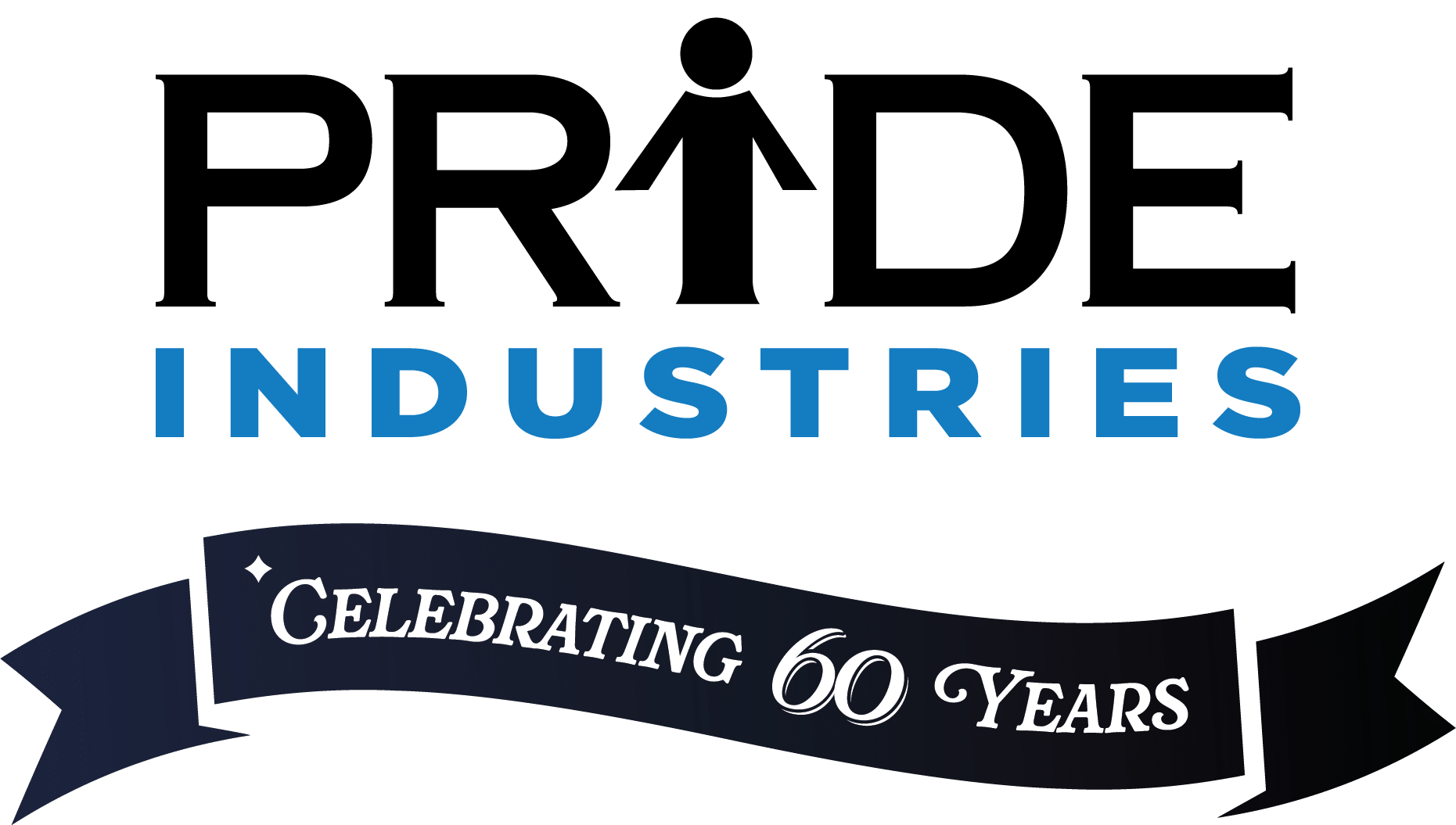For decades, many American companies based their electronics manufacturing overseas because of reduced labor costs, less expensive raw materials, and tax benefits. However, recent changes—such as increased shipping costs, fluctuating tariffs, rising costs of foreign labor, and delivery delays—have prompted many companies to pivot and actively search for a US PCB manufacturer.
Kearney, a global management consulting firm, has been tracking this reshoring activity for over a decade. Over the years they’ve seen a shift in CEO perception of reshoring from “cautious skepticism to unbridled enthusiasm.” While their 2025 report saw a recent downturn in reshoring, the overall trend still indicates a strong desire to reshore. For example, the company’s 2025 research report documented a year-over-year increase of 15% in the share of CEOs planning to reshore at least part of their operations within the next three years. The reasons cited varied, but Kearney’s report also shows that politics are increasingly shaping supply chain strategy—there was a 50% rise in CEOs citing geopolitical tensions as a primary motivator for reshoring.
But it’s not just geopolitical instability and tariffs that are giving CEOs reasons to reshore. Read on to discover seven reasons why American companies are coming home.
Avoiding Tariffs and Other Costs with a US PCB Manufacturer
An important factor in the drive to reshore are tariff policies that aim to incentivize domestic manufacturing, part of an effort to reduce trade deficits and protect national security. These policies have yet to stabilize, but it seems likely that once policies are settled, tariffs will remain higher than they have been historically. This is one reason why more manufacturers are rethinking overseas production.
The impact of fluctuating tariffs is being felt in many industries, including electronics manufacturing. It has become increasingly clear that the tariff rule of today may not be the tariff rule of tomorrow—making it difficult for manufacturers to accurately predict product pricing, material availability, and product demand. In fact, some experts contend that the market is changing too quickly to count on any single long-term plan, and so advise preparing for more than one possible outcome.
A 2025 report by Kearney, a global management consulting firm, found a year-over-year increase of 15% in the share of CEOs planning to reshore at least part of their operations within the next three years.

One way to prepare for uncertainty, of course, is to shift manufacturing to a US PCB manufacturer. This can significantly mitigate tariff fluctuations, and also reduce other variable expenses such as shipping costs. In the current climate, in addition to being the more stable path, reshoring is now often the most economical one.
More Control Over Production
Sending your PCB or semiconductor manufacturing overseas can make it harder to keep control of your product, especially since any disputes you have with your manufacturer will be handled in foreign courts. This is a lesson that shoe retailer New Balance learned the hard way when its Chinese manufacturing partner ignored orders from the corporate office and ordered materials for 450,000 new pairs of shoes, costing the company millions of dollars.
Though this cautionary tale is from the retail sector, it’s important to keep in mind that electronics manufacturers have their cases heard in the same courts. And as some U.S. companies have discovered, those foreign courts tend to side with domestic defendants.
Robust Intellectual Property (IP) Protection
Production decisions aren’t the only rights you may be giving up when manufacturing overseas. For electronics companies, the biggest risk may very well be the loss of hard-earned intellectual property (IP). In 2018, the United States Trade Representative conducted a seven-month investigation into China’s theft of proprietary technology and branding and found that these losses cost American companies between $225 billion and $600 billion annually.
American tech company AMSC is a case in point. The company designs and manufactures technology that enables wind turbines to run efficiently. In 2018, its Chinese partner Sinovel Wind Group was convicted in a Wisconsin federal court of stealing AMSC’s technology. But though AMSC won the case, there was little it could do to seek restitution. Today, about 20 percent of China’s wind turbines—approximately 8,000 units—are running on AMSC’s stolen software, though the company has never been compensated.
Companies need to remember that obtaining rights in the United States does not automatically confer rights overseas and that even if you register your patents and copyrights in China, IP enforcement is inconsistent. Companies that subcontract with American suppliers, on the other hand, can rely on a set of robust laws—and reliable enforcement—to protect their intellectual property.
Reliable Communication and Collaboration
Effective communication is critical to a successful working relationship with your PCB manufacturer. Language barriers, lax communication protocols, and time zone challenges are just a few of the communication hurdles companies face when working with an overseas manufacturer. (It’s hard to expect a quick response time if your urgent 3:00 p.m. email arrives in the middle of the night in your contract partner’s location.) Avoiding these sorts of challenges is critical if you want your design, engineering, and manufacturing teams to collaborate and produce a superior product.
Better Quality Control with a US PCB Manufacturer
A Consumer Reports survey found that 8 in 10 Americans express a preference for domestically made products and that these products are often assumed to be of higher quality than imported ones. This impression may be because, in general, American-made products must adhere to stricter quality control standards.
In addition to complying with stricter standards, domestic suppliers also make oversight easier for American companies. Facility visits and audits—essential for robust quality control—are more easily accomplished with a domestic partner who is only a short plane ride away.
Quality control is especially important in industries like aerospace and healthcare, where the impact on human life leaves no room for error. In these cases, a U.S. manufacturing partner skilled in design for manufacturability (DFM) and design for test (DFT) can make the difference between a consistent, reliable product and one that faces expensive recalls.
Faster Time to Market with a US PCB Manufacturer
Electronics manufacturers whose customers are primarily in the United States can save significant time in shipping and transportation by manufacturing domestically. This is good news for companies battling delivery delays—a common supply chain dilemma even years after the pandemic, when an IPC survey found that 69% of electronics distributors had experienced delivery delays averaging between three to six weeks. While conditions have improved, global conflicts and natural disasters continue to inject uncertainty into the supply chain.
Being geographically close to customers can also accelerate the time to market for new features and designs, making it easier for a US PCB manufacturer to adjust to shifting customer needs in real time. This advantage is especially valuable in the electronics industry, where both the preferred electronic components and customer requirements can change quickly.

Improved Supply Chain Resilience
A desire to lower costs was one of the original motivations behind offshoring. But now, the stability of domestic production often makes reshoring the more economically sensible option—especially in an era of continuing supply chain uncertainty. For example, companies can run a leaner operation when they aren’t required to tie up extra capital in large inventories “just in case” there are manufacturing delays or shipping disruptions.
And the benefits of domestic production go beyond shipping stability. Keeping production close to home also reduces sourcing issues and can increase your company’s ability to respond quickly to market changes—especially if you partner with a US PCB manufacturer that prioritizes DFM.
A DFM partner can help you improve your design to eliminate the need for custom processes, lowering both labor and material costs. And if a crucial component suddenly becomes unavailable, a DFM-savvy manufacturing partner will be able to redesign your board using readily available parts.
Qualities to Look for in a US PCB Manufacturer
There are multiple reasons companies are bringing their PCB manufacturing closer to home. But that doesn’t mean you need to manufacture in house. Many original equipment manufacturers (OEMs) are turning to contract electronics manufacturers as they seek to reset their global supply chains. However, even with domestic production, companies must still practice due diligence when choosing a contract manufacturer. Below are a few qualities to keep in mind when vetting manufacturing partners.
Experience and Expertise
Is your US PCB manufacturer experienced in surface-mount technology and through-hole manufacturing? Are your vendor’s designers familiar with a variety of design tools, including CAD and schematic capture software?
Certifications and Compliance Experience
A review of certifications will quickly reveal a manufacturer’s abilities. At a minimum, facilities should be ISO 9001 certified. And depending on your industry, look for specialized certifications like ISO 13485 for medical manufacturing, or AS9100 for aerospace and defense. Remember, too, that working with a manufacturer that employs SMTA-certified SMT Process Engineers will give you extra assurance that it has the staff to handle even complex devices.
Quality Control
Does the manufacturer conduct component-level checks and in-circuit verifications in addition to visual inspections? Is the manufacturer using the latest in automated optical inspection (AOI) technology—as well as 2D and 3D X-ray inspection—to ensure durability, reliability, and quality?
Expanded Capabilities and Resources
Does the manufacturer have the ability and capacity to go beyond manufacturing? For example, do they offer design services, procurement and materials management services, forecasting and capacity planning, and logistics services? What about real-time tracking so that you can avoid product shortages or overstocking? Having a contractor that can provide multiple services will add convenience, save time, and lower costs.
An Increasingly Attractive Option
The shifting landscape of global manufacturing has made reshoring an increasingly attractive option for American companies, particularly in the electronics sector. From mitigating the impact of unpredictable tariffs and shipping costs to safeguarding intellectual property and ensuring superior quality, the benefits of partnering with a US PCB manufacturer are clear. Domestic production not only fosters stronger communication and collaboration with suppliers, but also enhances supply chain resilience and speeds time to market—critical factors in today’s fast-paced, innovation-driven economy.
